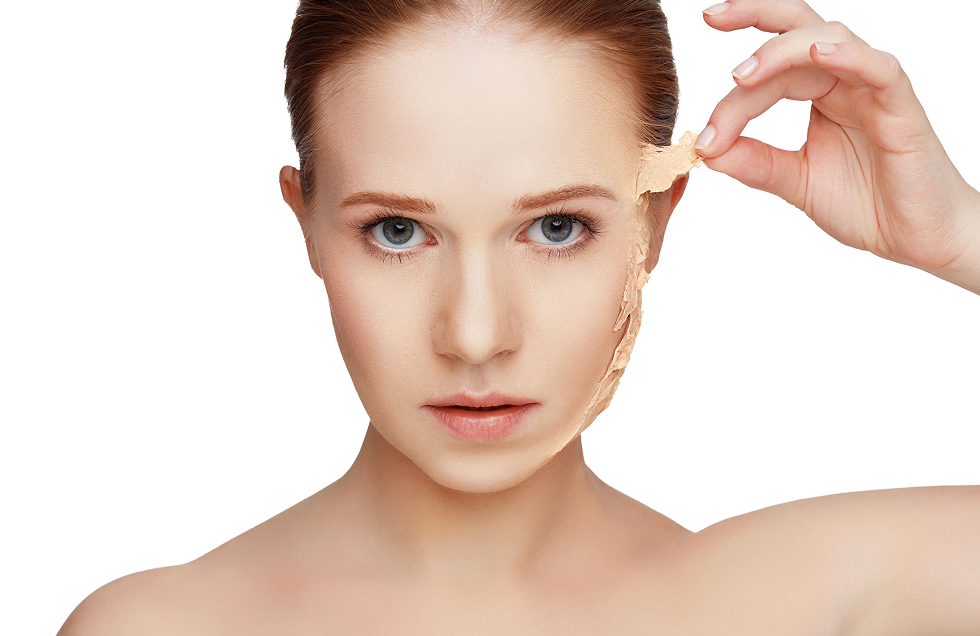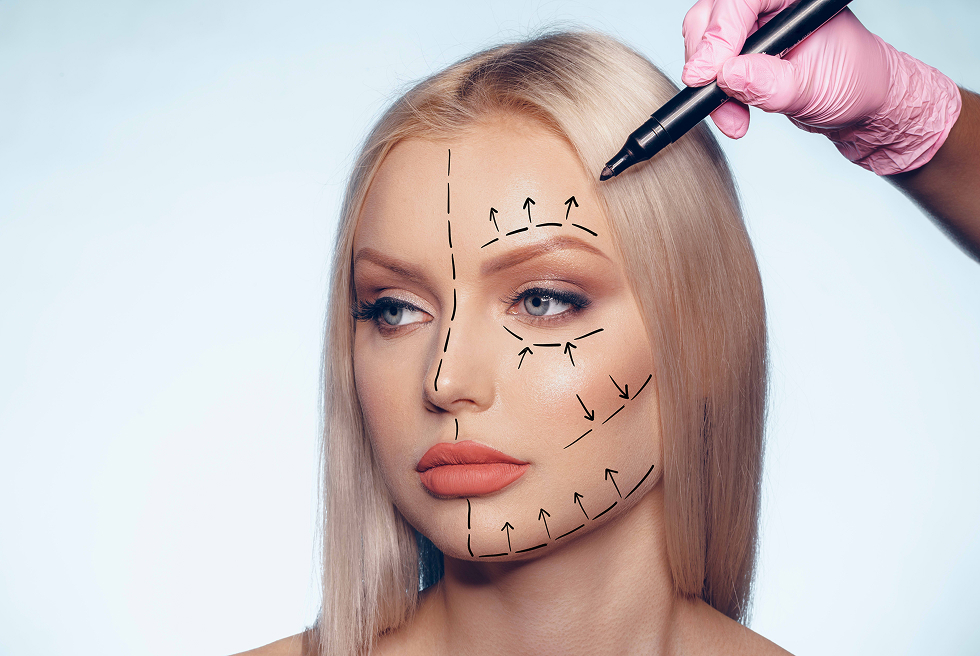Hair loss is often linked to factors like genetics, stress, or hormonal changes, but nutritional deficiencies can play a surprisingly significant role as well. One key nutrient often overlooked in discussions about hair health is vitamin B12. Essential for the production of red blood cells and oxygen delivery to tissues, vitamin B12 supports the growth and maintenance of hair follicles. When B12 levels drop, the impact on hair can be profound, leading to thinning, excessive shedding, or even patchy loss.
What sets B12 deficiency apart from other causes of hair loss is its often subtle onset, with symptoms like fatigue, numbness, and pale skin overshadowing its effect on hair. For many, this link between B12 deficiency and hair health remains underexplored, leaving individuals frustrated by hair loss that persists despite topical treatments or lifestyle changes. In this article, we’ll dive into the unique connection between vitamin B12 and hair loss, shedding light on causes, symptoms, and solutions that go beyond the surface to address the root of the problem.
What Is Vitamin B12 and Why Is It Important?
Vitamin B12, also known as cobalamin, is an essential water-soluble nutrient that plays a pivotal role in several vital processes within the body. One of its primary functions is aiding in the production of red blood cells, which are responsible for delivering oxygen to tissues, including the scalp and hair follicles. Without sufficient oxygen and nutrients, hair follicles may weaken, leading to thinning and shedding. B12 also supports DNA synthesis and the nervous system, making it indispensable for overall cellular health.
What makes vitamin B12 particularly unique is that the body cannot produce it on its own, meaning it must be obtained through diet or supplementation. This dependency can make deficiencies more common, especially in individuals with restrictive diets, such as vegetarians or vegans, as B12 is primarily found in animal-based foods. Additionally, absorption can be hindered by medical conditions like pernicious anemia or age-related changes in the digestive system, further increasing the risk of deficiency.
For hair health, B12 ensures that the growth cycle remains uninterrupted. Hair follicles are among the most metabolically active structures in the body, relying on a steady supply of nutrients and oxygen to thrive. Without adequate levels of B12, the hair growth cycle can become disrupted, resulting in weaker, thinner hair over time. Understanding this critical connection highlights why addressing B12 deficiencies is crucial for maintaining healthy, vibrant hair.
Can Vitamin B12 Deficiency Cause Hair Loss?
Vitamin B12 deficiency can significantly impact hair health, often resulting in noticeable hair loss. This occurs because B12 is vital for red blood cell production, which ensures oxygen is transported to tissues throughout the body, including the scalp. Hair follicles, being highly active structures, require a consistent supply of oxygen and nutrients to support the growth phase of the hair cycle. When B12 levels drop, the scalp and follicles are deprived of the nourishment they need, potentially causing hair to become brittle, thin, or fall out prematurely.
The connection between B12 deficiency and hair loss is not always immediately apparent. Unlike conditions such as androgenetic alopecia, which follow a more predictable pattern, B12-related hair loss can present as diffuse thinning across the scalp or excessive shedding during brushing and washing. This subtlety often leads individuals to overlook a potential nutritional deficiency as the root cause.
Additionally, low B12 levels can disrupt the production of keratin, the protein responsible for hair strength and structure. Over time, this can weaken the integrity of existing strands while impeding new growth. People with dietary restrictions, gastrointestinal issues, or certain medical conditions are particularly at risk of developing a deficiency. Recognizing this connection is essential, as addressing B12-related hair loss involves targeting the underlying deficiency rather than relying solely on topical or cosmetic solutions.
Symptoms of Vitamin B12 Deficiency
Vitamin B12 deficiency can manifest in a variety of ways, often affecting multiple systems in the body. Because its symptoms are sometimes subtle or mistaken for other conditions, deficiencies can go undiagnosed for extended periods. Hair loss is a common but often overlooked symptom, and it’s usually accompanied by other physical and neurological signs that signal a lack of this crucial nutrient. Recognizing these symptoms early is key to preventing long-term complications. Below are some of the most common indicators of B12 deficiency:
- Excessive fatigue: A lack of B12 reduces red blood cell production, leading to decreased oxygen delivery and persistent tiredness.
- Hair thinning and shedding: Follicles starved of oxygen and nutrients due to low B12 levels can result in weaker, thinning hair.
- Numbness or tingling: Neurological symptoms such as pins and needles sensations in the hands or feet often occur due to nerve damage from prolonged deficiency.
- Pale or jaundiced skin: Reduced red blood cell production can cause a pale appearance or yellowish tinge to the skin.
- Cognitive issues: Memory loss, difficulty concentrating, or “brain fog” can arise from impaired nerve function.
- Muscle weakness: Low energy levels and reduced oxygen supply to tissues can result in weaker muscles.
- Mouth and tongue issues: Sores, swelling, or a burning sensation on the tongue are common oral symptoms.
Identifying these signs can help individuals seek appropriate treatment to restore B12 levels and improve overall health, including hair vitality.
Treating Hair Loss with Hair Rejuvenation
Hair loss can significantly impact confidence and self-esteem, but advancements in modern cosmetic procedures offer effective solutions. At RAM Plastic Surgery, the focus is on minimally invasive hair rejuvenation treatments designed to combat hair thinning and restore natural fullness. These innovative approaches prioritize scalp health and follicle stimulation, creating a foundation for long-lasting improvement.
The hair rejuvenation treatments at RAM Plastic Surgery are designed to promote natural regrowth by revitalizing the scalp and improving the overall health of hair follicles. By addressing the root causes of hair thinning, such as poor circulation or weak follicles, these treatments aim to strengthen existing hair while encouraging new growth. This approach provides a natural-looking result without the need for surgical intervention.
A healthy scalp is a critical component of successful hair rejuvenation. By improving scalp health and targeting problem areas, these treatments can enhance hair density and vitality. Whether you are experiencing the early stages of hair thinning or more advanced loss, hair rejuvenation therapies offer a safe and effective solution tailored to your unique needs.
Preventing Hair Loss With Proper Nutrition
Proper nutrition plays a pivotal role in maintaining healthy hair and preventing hair loss. Hair follicles are among the most metabolically active structures in the body, relying on a steady supply of nutrients to support growth and repair. A balanced diet rich in essential vitamins, minerals, and proteins can help strengthen hair, reduce shedding, and promote overall scalp health.
Key nutrients like vitamin B12, iron, and zinc are crucial for preventing hair thinning and breakage. Vitamin B12 supports the production of red blood cells, ensuring that hair follicles receive adequate oxygen and nutrients. Iron plays a similar role, as its deficiency is often linked to anemia-related hair loss. Zinc is essential for repairing damaged hair follicles and maintaining a healthy scalp environment, reducing the likelihood of excessive shedding.
Protein intake is equally vital since hair is primarily composed of keratin, a protein that requires amino acids for its structure. Foods such as eggs, fish, lean meats, and legumes can supply the necessary building blocks for strong and resilient hair. Additionally, omega-3 fatty acids found in fatty fish and walnuts help nourish the scalp and add shine to the hair.
Hydration and overall dietary balance should not be overlooked. A nutrient-dense diet, combined with sufficient water intake, ensures the scalp remains hydrated, reducing dryness and irritation that can lead to hair loss. Tailoring nutrition to meet your body’s needs is a powerful way to support long-term hair health.
When to Seek Professional Help
Hair loss can be a natural part of aging or the result of temporary factors such as stress or seasonal shedding. However, there are times when hair loss becomes persistent, excessive, or accompanied by other concerning symptoms, signaling the need to seek professional help. Recognizing when to consult a specialist is critical for addressing the issue early and preventing further progression.
One key indicator is noticing a sudden or significant increase in hair shedding, particularly if it results in visible thinning or bald patches. Hair loss accompanied by symptoms like scalp pain, redness, or itching may also point to an underlying condition that requires medical attention. If hair loss coincides with other health issues, such as fatigue, unexplained weight loss, or hormonal imbalances, it’s essential to rule out systemic causes like thyroid disorders or nutrient deficiencies.
Professional intervention is particularly valuable when over-the-counter products and home remedies fail to produce noticeable results. A consultation with a specialist can provide a deeper understanding of the root cause, whether it’s related to genetics, nutrition, or a medical condition. Treatments tailored to your specific needs, such as advanced hair rejuvenation therapies, can offer more effective and targeted solutions. Seeking expert advice not only addresses the cosmetic concerns of hair loss but also ensures that any underlying health issues are properly diagnosed and treated.
Conclusion
Addressing hair loss begins with understanding its root causes, from nutrient deficiencies like low vitamin B12 to broader health concerns. By focusing on proper nutrition, early intervention, and advanced treatments like hair rejuvenation, you can take meaningful steps toward restoring your hair’s vitality and confidence. At RAM Plastic Surgery, we’re committed to providing personalized solutions to help you achieve your hair restoration goals. Whether you’re experiencing early thinning or more advanced hair loss, our expert team is here to guide you every step of the way. Visit us or call 312-337-3010 today to schedule your consultation.







